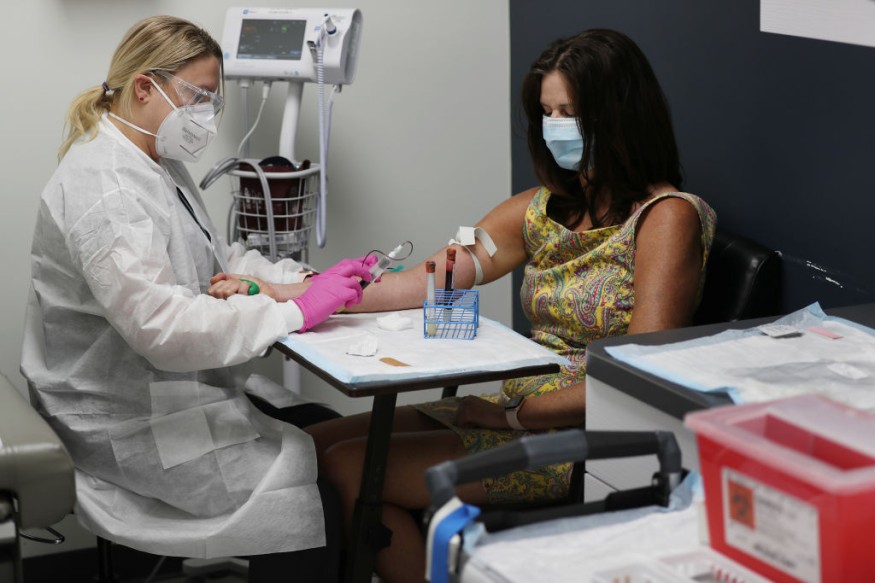Lack of Women in Clinical Trials Leads to Dosage Problems, New Study Finds

Women are more likely to have adverse side effects of medications as drug doses have been mainly based on clinical trials done on men, suggests a new study.
Researchers found the lack of women in clinical trials resulted in many women overmedicated or dealing with the drug side effects.
Researchers from the University of California, Berkeley, and the University of Chicago looked at over 5,000 medical journal articles to review the sex breakdown of clinical trial participants.
The study, which was published in the journal Biology of Sex Differences, noted that the common practice in clinical trials is to prescribe the same doses to men and women.
This despite differences in size, body weight, and biological process of their bodies. This resulted in higher blood concentrations and longer elimination times of medications for women.
"When it comes to prescribing drugs, a one-size-fits-all approach, based on male-dominated clinical trials, is not working, and women are getting the short end of the stick," Irving Zucker, who is the study lead author and professor emeritus of psychology and integrative biology at UC Berkeley, was quoted in a Science Daily study.
The researchers found data of over 86 medications approved by the Federal Drug Administration, which includes analgesics, antidepressants, cardiovascular, and anti-seizure medications.
The study found that more than 90 percent of cases, women experience adverse drug effects such as nausea, headache, depression, drowsiness, cognitive deficits, and excessive weight gain.
This also includes hallucination, seizures, agitation, and cardiac anomalies. Women were said to experience side effects at nearly twice the rate of men.
Zucker said that for decades, women were excluded from clinical drug trials, based on unfounded concerns that female hormone fluctuations render women hard to study.
FDA seemed to know the value of individualized dosing based on sex in 2014. It recommended the drug zolpidem, commonly known as Ambien.
It was known that the same dose in women that was recommended for men caused two times the drug level in the body due to differences in metabolism.
The result was drowsiness, which could cause dangerous driving conditions.
The FDA revised its guidelines and recommended sex-specific dosing.
Women in Clinical Trials
Researches have excluded women from clinical drug trials and focused only on men until 1993.
That is when the National Institute of Health started requiring the inclusion of women in any federally supported phase III clinical trial.
However, in 2018, a review of NIH-funded trials showed that only 26 percent of trials reported any outcome data broken down by sex.
"Neglect of females is widespread, even in cell and animal studies where the subjects have been predominantly male," Zucker was quoted.
He also added that even with the inclusion of women in clinical trials has increased, many of these newer studies still fail to analyze the data for sex differences.
Study's Recommendation
Zucker and co-researcher, Brian Prendergast, made several recommendations in their study.
These include system-wide changes, such as creating sex parity in the Department of Health and Human Services' approval process.
These also include industry-level reform, including instruction in sex-difference in drug treatment for doctors.
Check these out:
FDA Authorizes 5-Minute Portable Coronavirus Test
FDA Calls On Public to Donate Blood Amidst the Pandemic COVID-19
FDA: Keep Your Hands Clean, but Beware of These Harmful Sanitizers
Subscribe to Latin Post!
Sign up for our free newsletter for the Latest coverage!
















